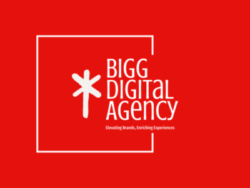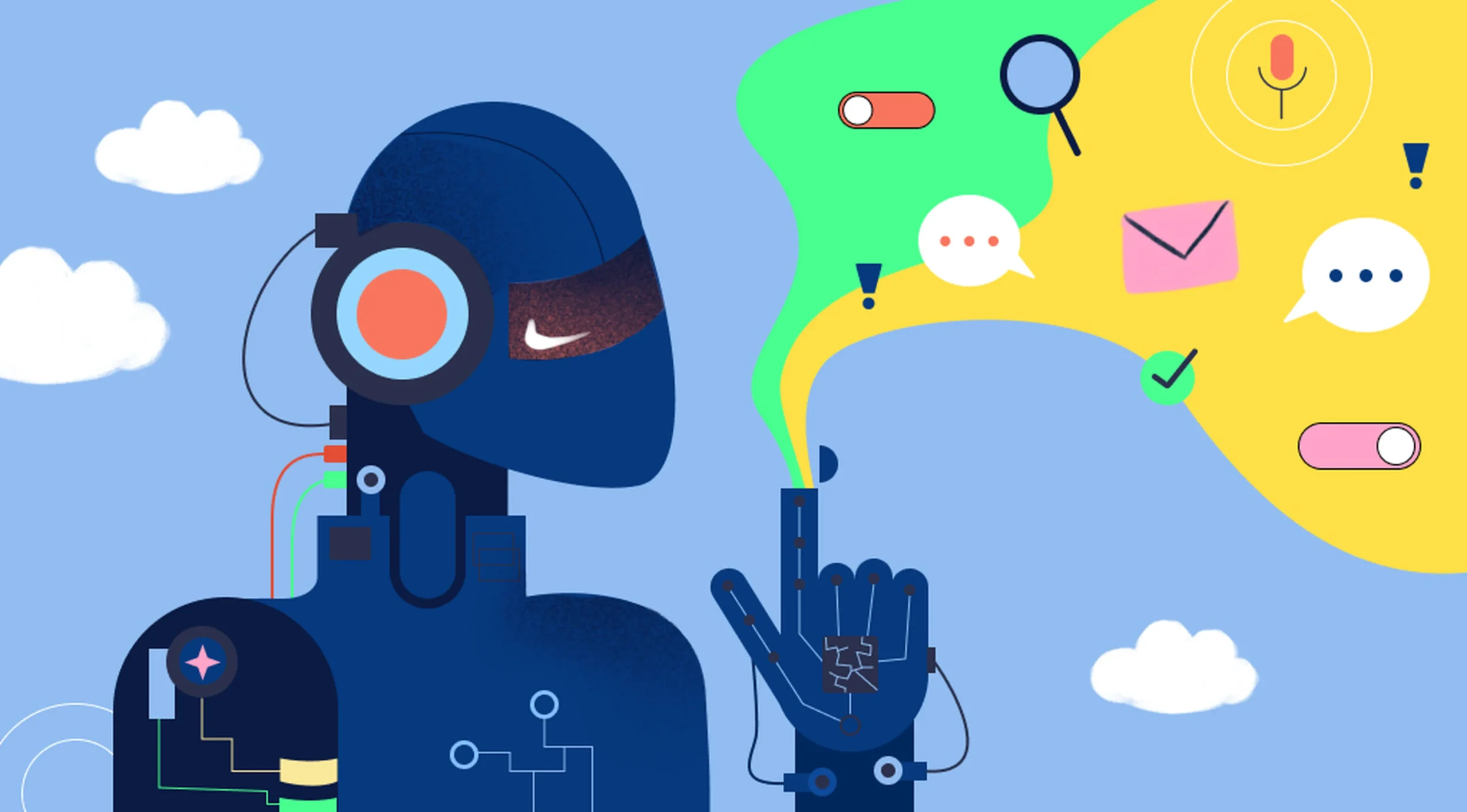Artificial Intelligence (AI) has revolutionized various sectors, and marketing is no exception. As we move further into the digital age, AI continues to reshape how businesses connect with their audiences, optimize campaigns, and deliver personalized experiences. Let’s explore some of the most significant AI marketing trends making waves in 2024.
1. Hyper-Personalization at Scale
Gone are the days of generic marketing messages. Today’s consumers expect brands to understand their needs and preferences. AI enables hyper-personalization by analyzing vast amounts of data to tailor content, offers, and communication channels to individual users.
How It Works: AI algorithms sift through customer data, including browsing behavior, purchase history, and social media activity, to deliver personalized recommendations and content in real-time. This can range from personalized email campaigns to dynamic website content that adapts to each visitor.
Impact: Brands that excel at hyper-personalization can significantly improve customer engagement, loyalty, and conversion rates. Companies like Netflix and Amazon have set the bar high, using AI to recommend content and products tailored to each user’s unique tastes.
2. AI-Driven Content Creation
AI is increasingly being used to create content at scale. Tools like GPT-4 and other advanced natural language processing models can generate high-quality written content, from blog posts and social media updates to product descriptions and even video scripts.
How It Works: Marketers provide AI tools with a brief or input data, and the AI generates content that matches the brand’s tone and style. These tools can also optimize content for SEO, making it easier for brands to rank higher on search engines.
Impact: AI-driven content creation allows marketers to produce large volumes of content quickly and efficiently. It also frees up human writers to focus on more strategic and creative tasks, such as ideation and storytelling.
3. AI-Powered Chatbots and Conversational Marketing
Chatbots have evolved from simple customer service tools to sophisticated AI-powered assistants that can handle complex queries, provide personalized product recommendations, and even guide users through the sales funnel.
How It Works: AI chatbots use machine learning and natural language processing to understand and respond to user queries in a conversational manner. They can be integrated across multiple platforms, including websites, social media, and messaging apps.
Impact: Conversational marketing through AI chatbots provides users with instant responses, improving customer satisfaction and engagement. It also allows businesses to operate 24/7, ensuring that potential customers can interact with the brand at any time.
4. Predictive Analytics and Customer Insights
Predictive analytics is transforming how marketers approach campaign planning and execution. By analyzing historical data, AI can predict future trends, customer behavior, and the success of marketing strategies.
How It Works: AI models analyze past customer interactions, sales data, and market trends to forecast future outcomes. This can help marketers identify potential leads, segment audiences, and optimize marketing spend for the highest return on investment (ROI).
Impact: Predictive analytics empowers marketers to make data-driven decisions, reducing the risk of campaign failure and enhancing the effectiveness of marketing efforts. Brands that leverage AI for predictive insights are better equipped to anticipate market shifts and stay ahead of competitors.
5. Visual and Voice Search Optimization
As visual and voice search technologies become more prevalent, optimizing for these formats is crucial. AI plays a key role in enhancing the accuracy and relevance of search results, particularly for image-based and voice-activated searches.
How It Works: AI algorithms analyze images, recognize patterns, and understand context to deliver relevant search results. For voice search, AI interprets spoken queries and matches them with the most appropriate content.
Impact: Brands that optimize for visual and voice search can tap into new customer segments and improve their visibility in search engine results. As more consumers use smart speakers and visual search tools, staying ahead of these trends will be key to maintaining a competitive edge.
6. AI in Influencer Marketing
Influencer marketing has become a staple in digital marketing strategies, and AI is now enhancing how brands identify and collaborate with influencers. AI tools can analyze influencers’ audiences, engagement rates, and content quality to find the best match for a brand.
How It Works: AI platforms scan social media profiles, analyze followers’ demographics, and evaluate the authenticity of influencer accounts. This data helps brands choose influencers who align with their target audience and brand values.
Impact: By leveraging AI, brands can ensure they partner with influencers who will deliver the highest ROI. This approach minimizes the risk of influencer fraud and enhances the effectiveness of campaigns.
Conclusion
AI marketing trends are rapidly evolving, providing businesses with new tools and strategies to connect with their audiences in more meaningful ways. As AI technology continues to advance, we can expect even more innovative applications in the marketing landscape. Brands that embrace these trends will be well-positioned to thrive in an increasingly competitive digital environment.
Whether you’re a marketer looking to stay ahead of the curve or a business leader aiming to leverage AI for growth, staying informed about these trends is essential for success in 2024 and beyond.
4o



